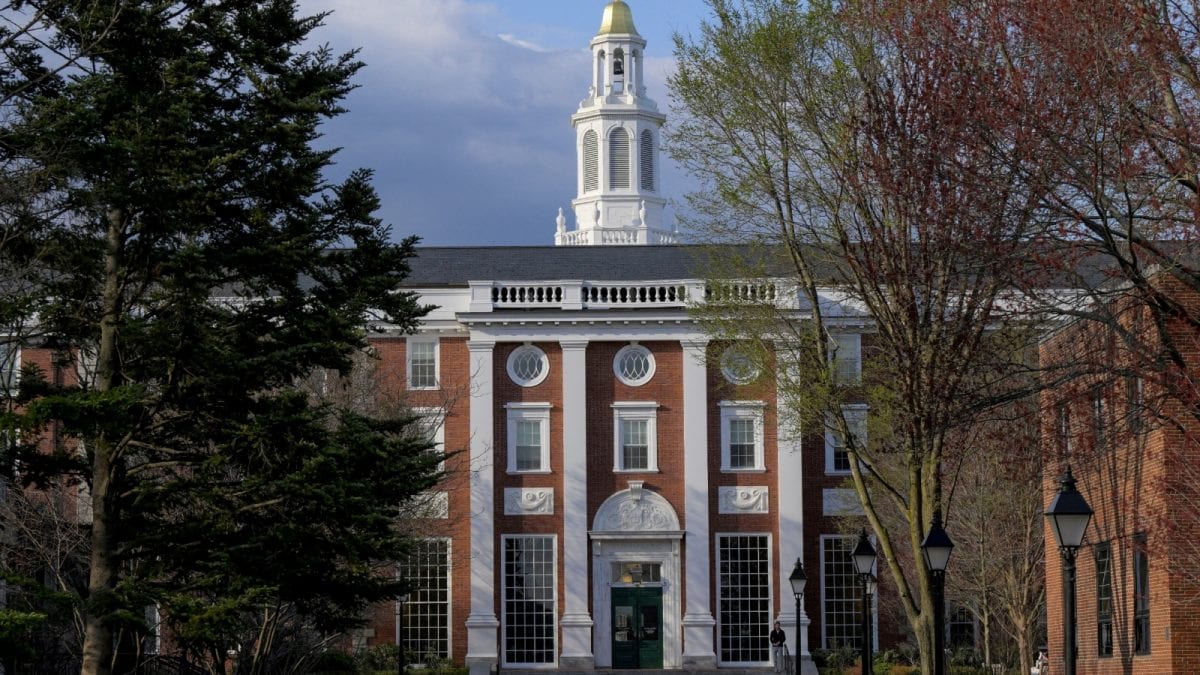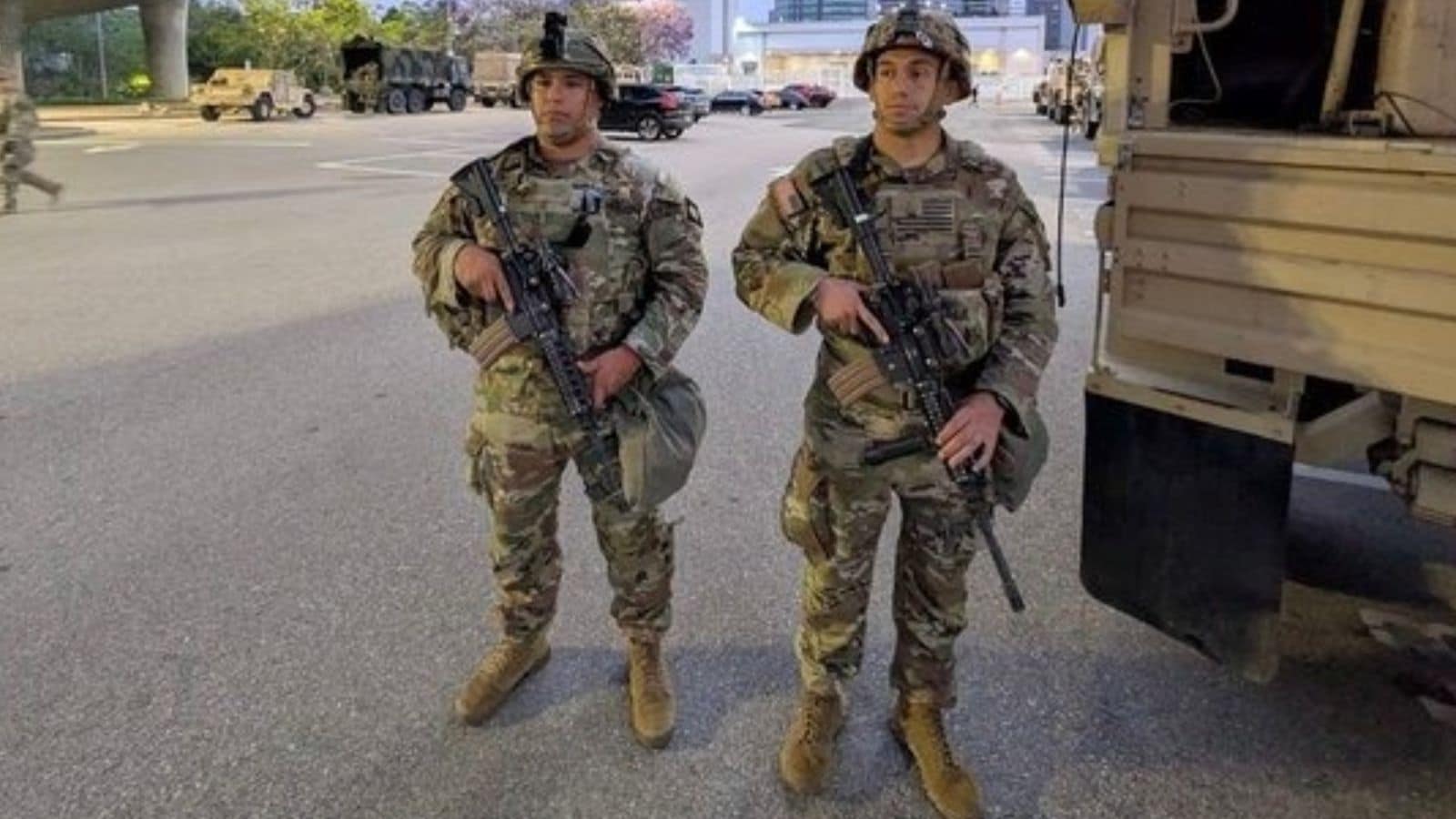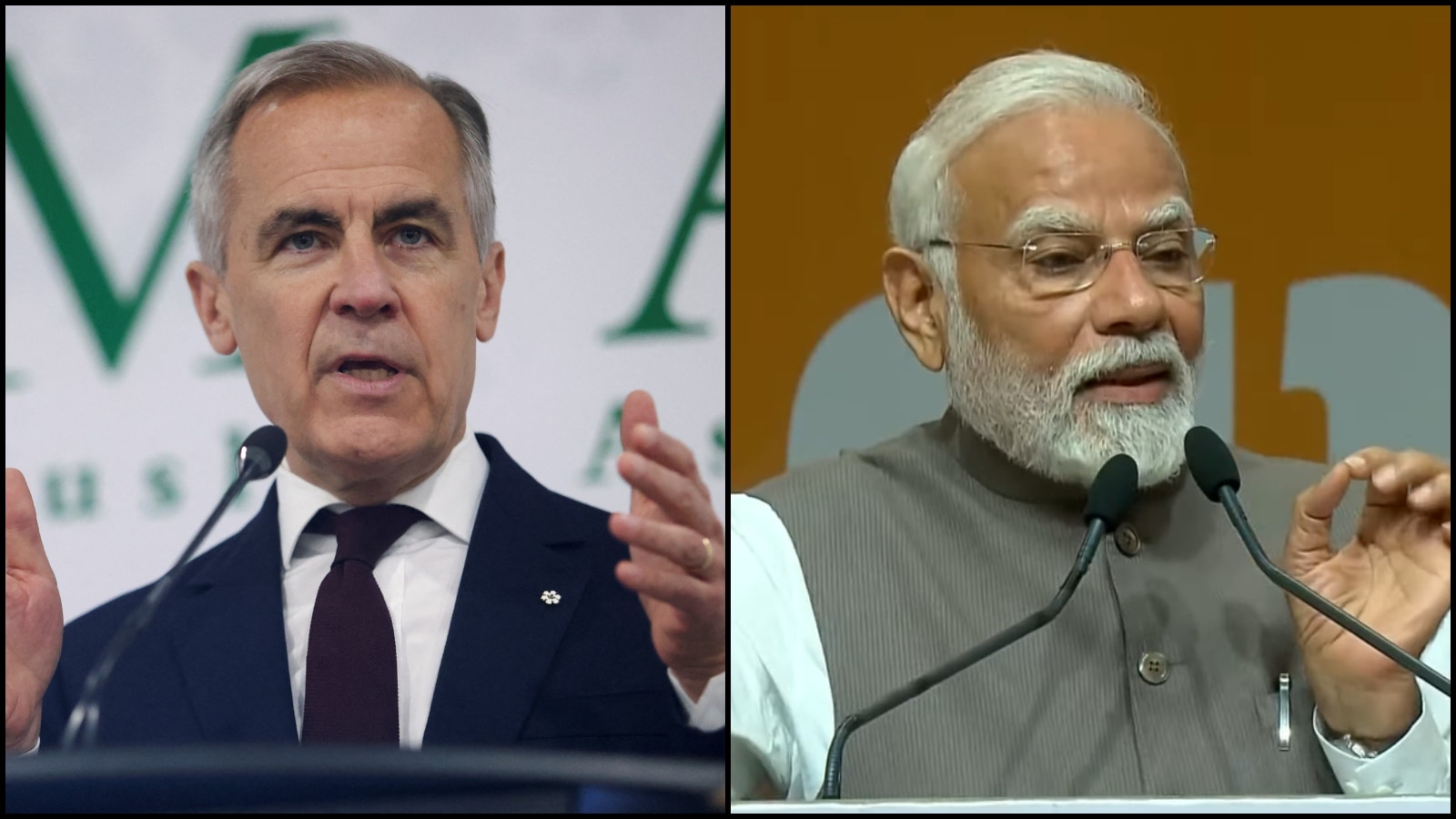Hundreds of angry locals took to the streets in Shigar district of Pakistan-occupied Gilgit Baltistan (PoGB) on Sunday to stage a protest against the Pakistan Army and Shehbaz Sharif-led government over land and mineral grabs and power outages.

Protests erupt in Gilgit-Baltistan over land, mineral grabs and power outages. (Photo: X/@sadiqsidiqiGB_)
Pakistan’s domestic crisis continues to escalate as widespread protests broke out in the Gilgit-Baltistan region over land and mineral grabs, as well as prolonged power outages.
Hundreds of angry locals took to the streets in Shigar district of Pakistan-occupied Gilgit Baltistan (PoGB) on Sunday to stage a protest against the Pakistan Army and government.
Demonstrators denounced what they called the illegal occupation of their lands, mountains, and minerals, fiercely opposing the proposed Mines and Minerals Bill. Chanting slogans like "Kabze par kabza namanzoor" (we reject repeated occupations), protestors accused the Pakistani establishment of trying to seize their natural resources without consent.
'OUR RESOURCES, OUR RIGHTS'
Organised by the K2 Action Committee, the protest saw participation from residents of Dassu, Baraldo, Hyderabad, Tisar, Basho, and nearby villages. The crowd converged at Hussaini Chowk in Shigar’s district headquarters, carrying banners demanding the recognition and protection of indigenous ownership rights over natural resources.
The rally centred around fears that the proposed legislation would pave the way for aggressive mining activities, threatening local livelihoods and exploiting the region's natural wealth.
'NO POLICY WITHOUT PUBLIC CONSENT'
Speakers at the demonstration warned that no mining or resource extraction policy would be accepted without broad public consultation. They pledged to resist any unilateral decisions made by Islamabad or the Pakistan Army.
"The mountains, rivers, and minerals are ours. We are the custodians of this land, and we will not allow exploitation without our consent," said one protester.
CLERIC ATTACKS PAKISTANI LEADERSHIP
Prominent Shia cleric and President of Majlis Wahdat-e-Muslimeen, Agha Syed Ali Rizvi, addressed the gathering with sharp criticism of the Pakistani government and military.
"All geological resources, forests, and mountains in Gilgit-Baltistan are the collective property of its people," Rizvi declared. Criticising Pakistan’s actions.
"If Pakistan wants to pay off its debt, if it wants to become rich, if it needs minerals, then seek permission from every child of Shigar. We will offer charity to Pakistan if needed," he added.
Warning against the use of force, he said, "If you come forcibly to occupy our lands, we swear by God, we will dig your graves on these very mountains."
WHY GILGIT-BALTISTAN MATTERS?
Gilgit-Baltistan holds significant strategic value, as a major section of the China-Pakistan Economic Corridor (CPEC) passes through the region. India opposes the route, asserting it traverses territory illegally occupied by Pakistan. The corridor’s alignment through PoGB and Pakistan-occupied Jammu and Kashmir (PoJK) has led to increased Chinese investment and military presence.
India views this as an encroachment and a strategic threat along the Line of Control and the India-China border. Gilgit-Baltistan is critical for CPEC as all routes linking Pakistan to China, including the Karakoram Highway (KKH), pass through this mountainous region.
The geographical aspects further elevate the region's importance as it shares a border with China's Xinjiang province, Afghanistan's Wakhan corridor and India's Jammu and Kashmir.
Meanwhile, local frustration continues to grow. Protesters are enraged by land-grabbing practices and frequent power outages, with some areas suffering blackouts lasting up to 20 hours. The unrest is already affecting trade between Pakistan and China, as resistance on the ground disrupts the smooth functioning of CPEC routes through the region.
Published By:
Harshita Das
Published On:
Apr 28, 2025
Tune In

 1 month ago
1 month ago



















